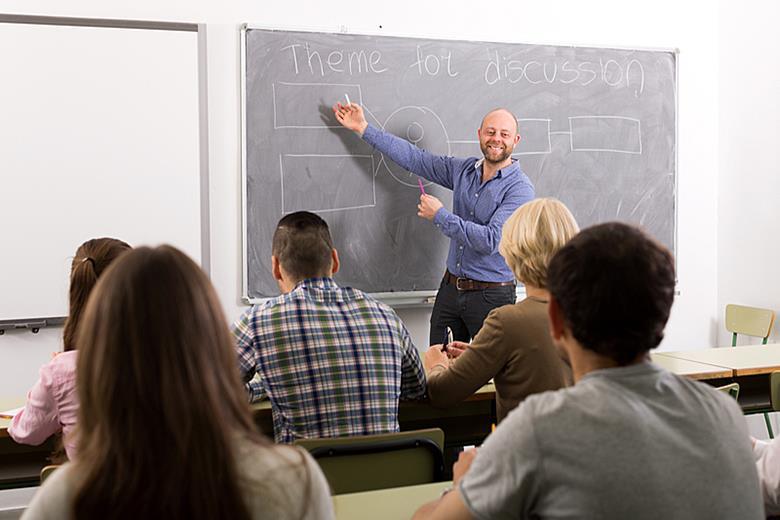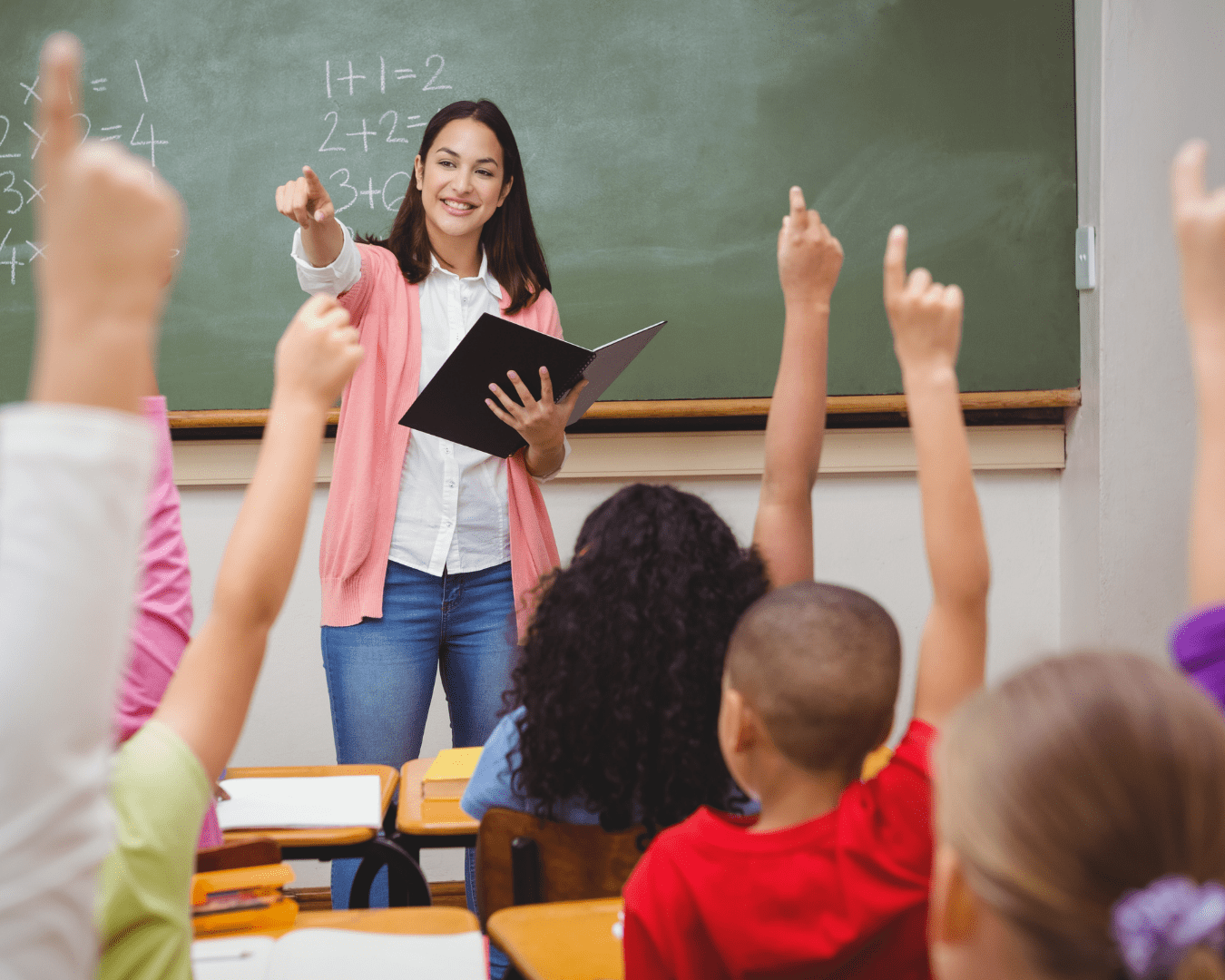Boost Your Child’s Confidence with Primary Science Tuition Singapore
Boost Your Child’s Confidence with Primary Science Tuition Singapore
Blog Article
Exploring the Various Training Strategies in Key Scientific Research Education And Learning Today
Inquiry-based learning, hands-on experiments, and the integration of innovation are redefining exactly how educators involve young minds. Additionally, collective strategies and set apart direction are being employed to cater to the varied needs of trainees, enhancing both involvement and understanding.
Inquiry-Based Knowing
Inquiry-Based Understanding (IBL) is a pedagogical strategy that motivates pupils to check out clinical principles through wondering about, investigation, and hands-on trial and error. This method highlights the function of trainees as energetic participants in their discovering, advertising vital reasoning and problem-solving skills. By engaging with real-world inquiries, students come to be interested and determined, which enhances their understanding of scientific principles.
In IBL, instructors function as facilitators, leading students as they browse their queries instead of supplying details straight. This student-centered approach allows for differentiation, accommodating various learning styles and paces. Students establish abilities in formulating theories, designing experiments, and analyzing information, which are crucial for scientific literacy.
In addition, IBL cultivates cooperation amongst pupils, urging them to share findings and ideas. This cumulative questions promotes social skills and a sense of area within the class. In addition, the procedure of query motivates resilience, as pupils find out to welcome failure as a stepping rock towards understanding.
Hands-On Experiments
Hands-on experiments are an important element of effective science education, enhancing the concepts of inquiry-based learning. These experiments allow trainees to involve directly with clinical ideas, fostering a much deeper understanding with experiential knowing. By manipulating products and observing outcomes, young students can understand abstract concepts in concrete methods.
Such activities advertise important reasoning and problem-solving abilities, as students assume outcomes, conduct experiments, and assess results. This procedure encourages them to ask concerns, improve their understanding, and develop a clinical attitude. Additionally, hands-on experiments can be customized to diverse discovering styles, making sure that all trainees have the possibility to engage meaningfully with the web content.
Moreover, hands-on experiments often motivate partnership amongst peers, promoting teamwork and interaction skills. Operating in teams enables trainees to share ideas, go over searchings for, and pick up from each other, which boosts their overall educational experience.
Integrating hands-on experiments into the primary science curriculum not only enriches the learning setting however additionally grows a long-lasting rate of interest in scientific research. By actively taking part in their education and learning, trainees are much more most likely to create an interest for clinical questions that expands past the classroom.

Innovation Assimilation
Incorporating modern technology right into key scientific research education and learning has actually come to be increasingly essential in fostering student engagement and boosting finding out end results. The usage of electronic tools, such as interactive simulations, online labs, and educational software, provides pupils with possibilities to check out scientific concepts in innovative means. These sources promote a much deeper understanding of complicated topics by allowing students to picture and manipulate variables that would be not practical in a typical class setting.
Moreover, technology integration urges customized learning experiences. Pupils can advance at their own rate, reviewing challenging concepts with multimedia resources, which satisfy various learning styles. This versatility not just supports specific growth yet also grows a sense of freedom in learners.
In addition, innovation works as a bridge to real-world science, attaching trainees with existing research and professional contributions. Access to on-line databases and clinical journals widens trainees' perspectives on clinical query and promotes important believing skills.
Collaborative Learning
Collective learning plays a vital role in key scientific research education by cultivating teamwork and communication skills amongst pupils. This approach encourages learners to function with each other, share expertise, and take part in problem-solving, which improves their understanding of clinical ideas. By taking part in team tasks, pupils find out to express their concepts, pay attention to varied point of views, and discuss options, every one of which are essential skills in both academic and real-world contexts.

Study suggests that collective understanding can cause boosted inspiration and interaction in scientific research subjects, as trainees locate enjoyment in common experiences (primary science tuition Singapore). Additionally, this technique prepares students for future collective endeavors, click over here outfitting them with the skills necessary for reliable teamwork in college and professional settings. Ultimately, embracing joint knowing in primary science education and learning can substantially improve the knowing experience and promote a deeper understanding of clinical query
Differentiated Guideline

Differentiated instruction can manifest in various methods, such as differing the material, processes, or items of discovering. For circumstances, instructors may make use of tiered tasks that provide varying degrees of intricacy, enabling students to work at their corresponding preparedness levels. In addition, adaptable organizing strategies can promote partnership among pupils with different abilities, cultivating peer anchor discovering.
Evaluation plays a vital role in this strategy, as it notifies instruction and assists educators recognize each trainee's unique demands. Formative assessments, such as quizzes and monitorings, can direct instructors in adjusting their methods to improve learning end results. primary science tuition Singapore. Ultimately, by implementing separated instruction in main science education, instructors can cultivate a much more fair and effective learning atmosphere, encouraging all students to reach their full possibility in understanding scientific sensations
Verdict
In summary, the diverse mentor strategies in primary scientific research education, consisting of inquiry-based understanding, hands-on experiments, technology integration, collaborative knowing, and set apart guideline, collectively contribute to a much more efficient understanding setting. These approaches promote vital thinking, analytic abilities, and a much deeper comprehension of clinical concepts. By executing these techniques, instructors can create engaging and supportive class that resolve the diverse demands of students, inevitably cultivating a long-lasting passion in science and improving academic achievement.
Inquiry-Based Learning (IBL) is an instructional technique that motivates students to check out scientific concepts via doubting, examination, and hands-on testing.Collective knowing plays an important role in key scientific research education and learning by promoting teamwork and interaction abilities among pupils.Study suggests that collaborative discovering can lead to enhanced motivation and involvement in science topics, as trainees find satisfaction in shared experiences.In cultivating an inclusive learning setting, distinguished instruction arises as a key approach to fit the varied needs and capacities of students in key science education and learning. Ultimately, by applying separated direction in primary science education and learning, teachers can grow a more efficient and fair knowing atmosphere, encouraging all trainees to reach their complete potential in comprehending clinical phenomena.
Report this page